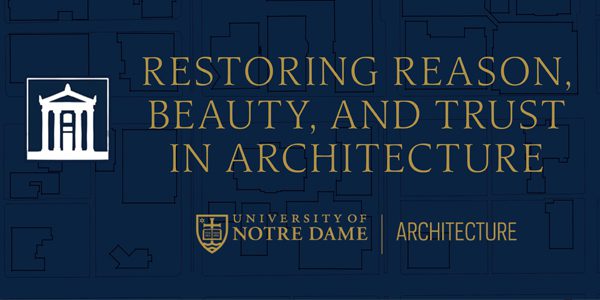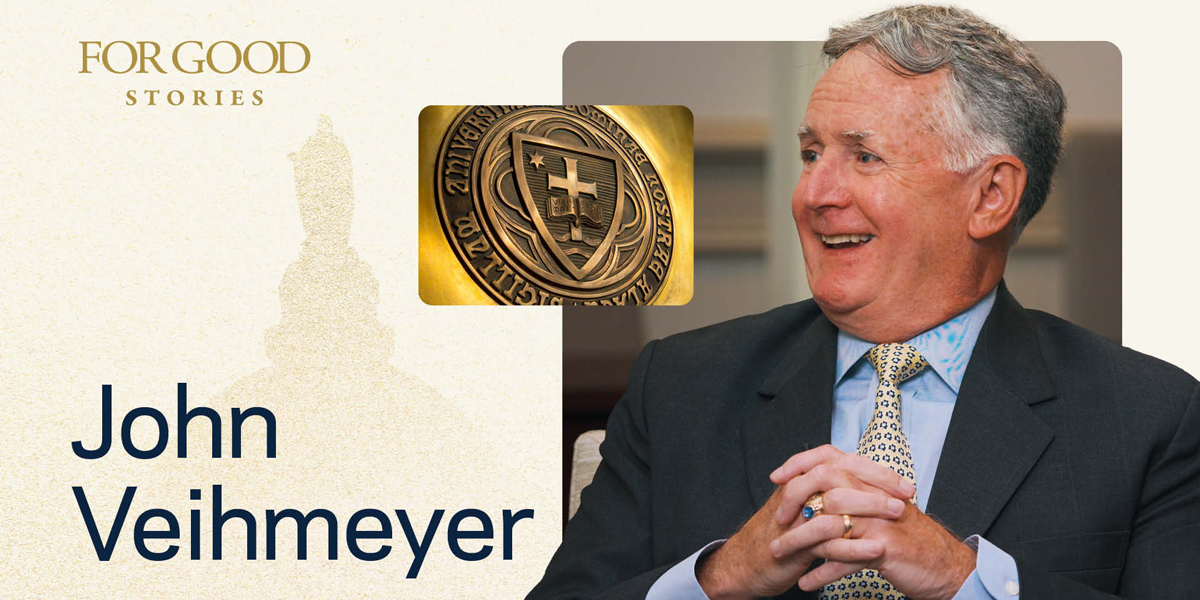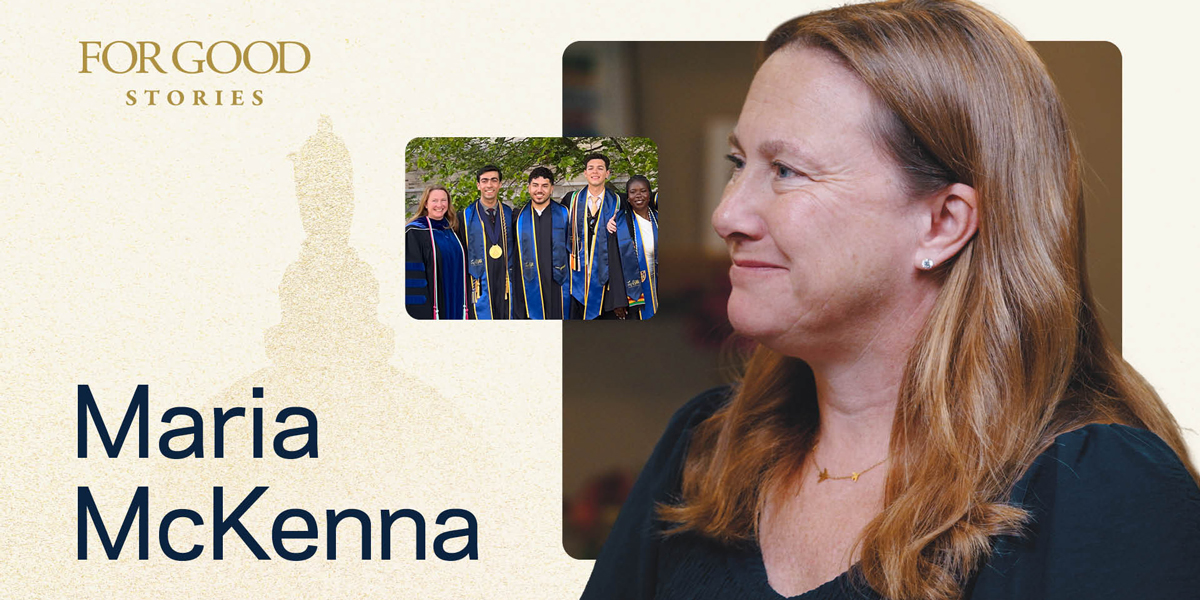The second week of the London Book Club was kicked off by Rev. Jim Lies C.S.C., Senior Director for Academic Initiatives and Partnerships for the Notre Dame London Global Gateway, who opened the event by thanking the numerous sponsors that have put in hard work to create it. After briefly explaining how to use a google form to ask questions throughout the event, Fr. Lies went on to introduce Prof. Ian Newman, an Assistant Professor in the Notre Dame English Department, who also spoke during Week 1 of the London Book Club. He also directed the attendees to explore the London Book Club page on the ThinkND website for more information on the topics being covered by Prof. Newman.
Prof. Newman began his talk with a brief recap of the topics discussed during Week 1 of the London Book Club in order to point out the key differences between the two songs that the series has covered so far. For example, the song from Week 1, Jack Hall, had a very murky origin, whereas The Jolly Young Waterman, the song from this event, has a clear origin story, even though it did disappear slightly later on. To give context to The Jolly Young Waterman, Prof. Newman gave a short explanation of the online materials for those in attendance who had not gotten a chance to view them. These videos had explained who Charles Dibdin was, the original author of this song which was composed somewhere around 1804. Another important contextual piece is the idea of Pleasure Gardens since this song is about a character who rows across the river to these gardens. Lastly, Prof. Newman offered a brief explanation of the type of song that The Jolly Young Waterman falls under, known as Broadside Ballads. These songs are what he has coined mainstream songs, which Oskar Cox Jensen will elaborate more on later.
Newman then played a short recording of The Jolly Young Waterman by the 7 Dials Band, while recommending the audience listen to another recording also by Bob Roberts, before passing the discussion on to Oskar Cox Jensen, a collaborator of his and a Senior Research Associate at the University of East Anglia.
Jensen began his discussion with a brief explanation of the term “mainstream songs” which he uses frequently to describe songs such as “The Jolly Young Waterman”. Not to be mistaken with popular music, this term refers to songs that have long been central to a culture and history, passed on orally and through print records. Often they are short and simple ballads that originated in London in the eighteenth century. Jensen then went on to give some more historical context on the conditions of London, the waterman on the River Thames, and the musical composition of the song. A lot of this context can be explained by the play that was written surrounding The Jolly Waterman, which slightly mirrors the life of Charles Dibdin.
After the completion of this talk by Jensen, the event moved into the Question and Answer portion. Here are the questions that were posed to both Newman and Jensen by Fr. Lies:
Question 1: When did the day of the Pleasure Gardens end? And which of them lasted longer?
Question 2: Why did the criminal celebration songs like Jack Hall spread more widely than the Jolly Young Waterman?
Question 3: The Bob Roberts version of the song seems to be a sequel. Should these songs be viewed as one or 2 separate songs? When did the second part of this song surface?
Question 4: Regarding the broadsheet songs, who used them and bought them? Did the uppercases look down on them? Did they appeal more to the working class?
Question 5: What do you think this song and songs like it tell us about life in London? Do they speak to the culture of the eighteenth century and the culture of song in general?
Lastly, Fr. Lies closed out this week of the London Book Club with a thank you to both the participants and the London Global Gateway communications team for making this happen. He also included an announcement to check out the materials for the next week and pass along the registration information as we are still open to accepting new participants.
Visit the event page for more.










